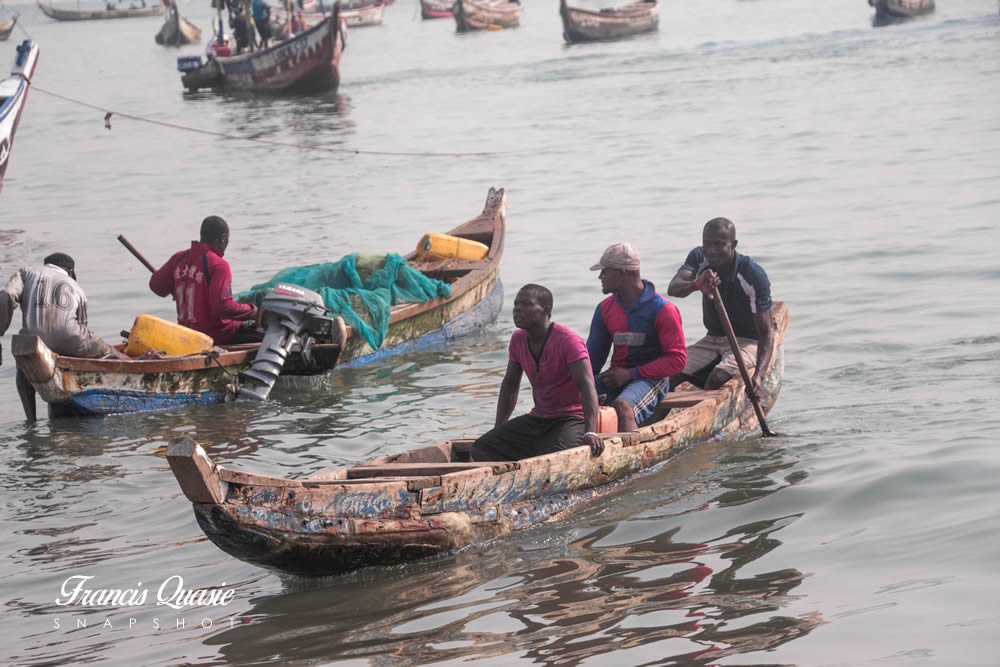More Fishers Trapped In Forced Labour – ILO
- Home
- More Fishers Trapped In Forced Labour – ILO

More Fishers Trapped In Forced Labour – ILO

GLOBALLY, about 128,000 fishers are trapped in forced labour aboard fishing vessels, the International Labour Organisation (ILO) has disclosed.
These trapped fishers are mostly used in excessive overtime and also receive very low or no wages at all.
The ILO has, therefore, urged member states of the Fisheries Committee for the West Central Gulf of Guinea (FCWC) to ratify the ILO Convention 188 to help promote decent work and prevent forced labour in the fisheries sector.
Conference
The 14th session of the Conference of the Ministers of the Fisheries Committee for the West Central Gulf of Guinea, which was organised in-person and online, was on the theme: “Supporting effective fisheries management for a sustainable blue economy.”
The conference was attended by the fisheries ministers of the six FCWC member states or their representatives, as well as representatives of development partners of FCWC, including ECOWAS, Food and Agriculture Organisation (FAO), African Union and Japan International Cooperation Agency (JICA).
They deliberated on the theme, reviewed past years’ results, and agreed on a work plan and budget for the 2023-2024 period.
Labour issues
The Global Coordinator of ILO’s 8.7 Accelerator Lab, Alix Nasri, said many of the labour infractions on fishing vessels occurred due to weak monitoring of labour conditions.
She said ratifying the ILO Convention 188 would, therefore, help prevent such labour infractions that occurred on fishing vessels in the FCWC region.
Ms Nasri expressed concern that labour infractions, particularly fishers aboard fishing vessels, were growing and needed to be stemmed.
The ILO’s work in Fishing Convention (ILO 188) came into force on November 16, 2017 and applies to all fishermen working on fishing vessels of any size, with more prescriptive standards for vessels over 24 metres or operating on longer voyages, three days or more.
The convention entitles all fishermen to written terms and conditions of employment (a fisherman’s work agreement), which include decent accommodation and food, medical care, regulated working time, repatriation, social protection and health and safety on board.
It also provides minimum standards relating to recruitment and placement and includes a mandatory requirement to have a certificate of medical fitness to work onboard a fishing vessel.
The FCWC was established in 2007 to promote and facilitate cooperation in fisheries management between member countries—Ghana, Togo, Nigeria, Liberia, Benin and Cote d’Ivoire.
Measures
The Secretary-General of the FCWC, Seraphin Dedi, said many labour infractions aboard fishing vessels could be prevented when Illegal, Unreported and Unregulated (IUU) fishing was stopped.
He said the FCWC was working with the ILO to help address the issues on fishing vessels in member states.
Mr Dedi said in line with that, some journalists in the FCWC countries had been trained on ILO Convention 188 to enable them report accurately on the subject.
Source: graphic.com.gh
- Share
Classic Ghana
Classic Ghana brings you into a fun world of arts, entertainment, fashion, beauty, photography, culture and all things in between. Let’s explore these together!







